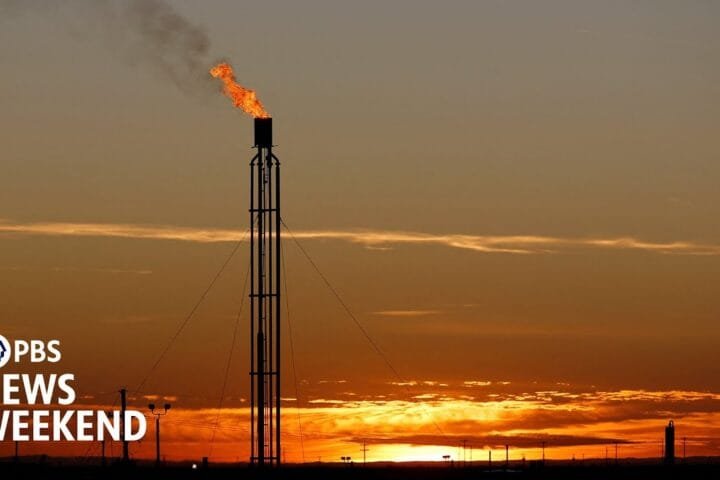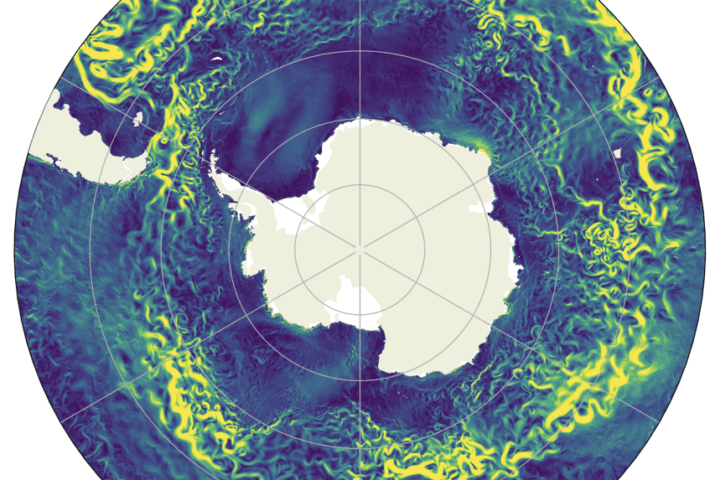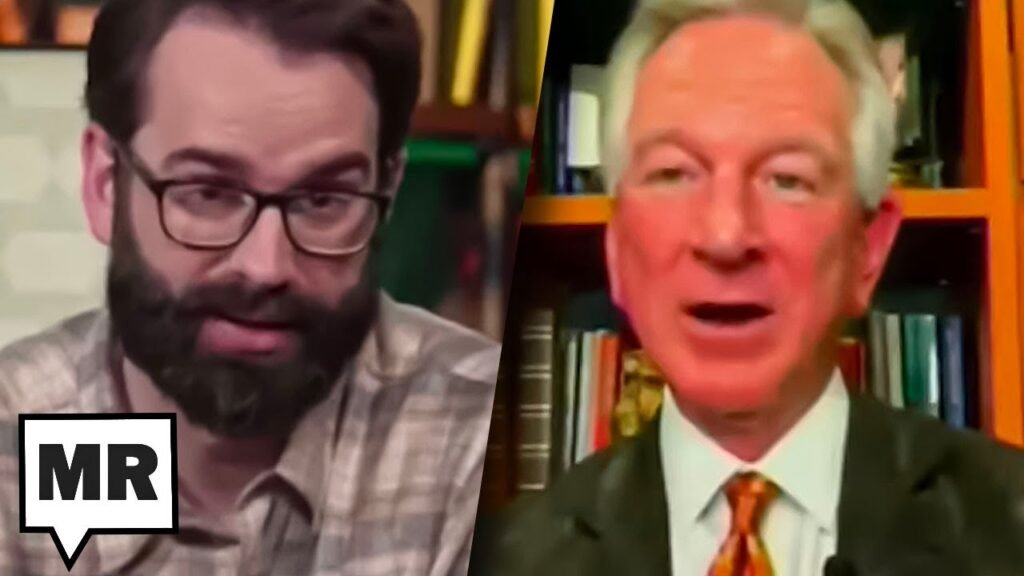Recently published stories about glaciers melting because of climate change:
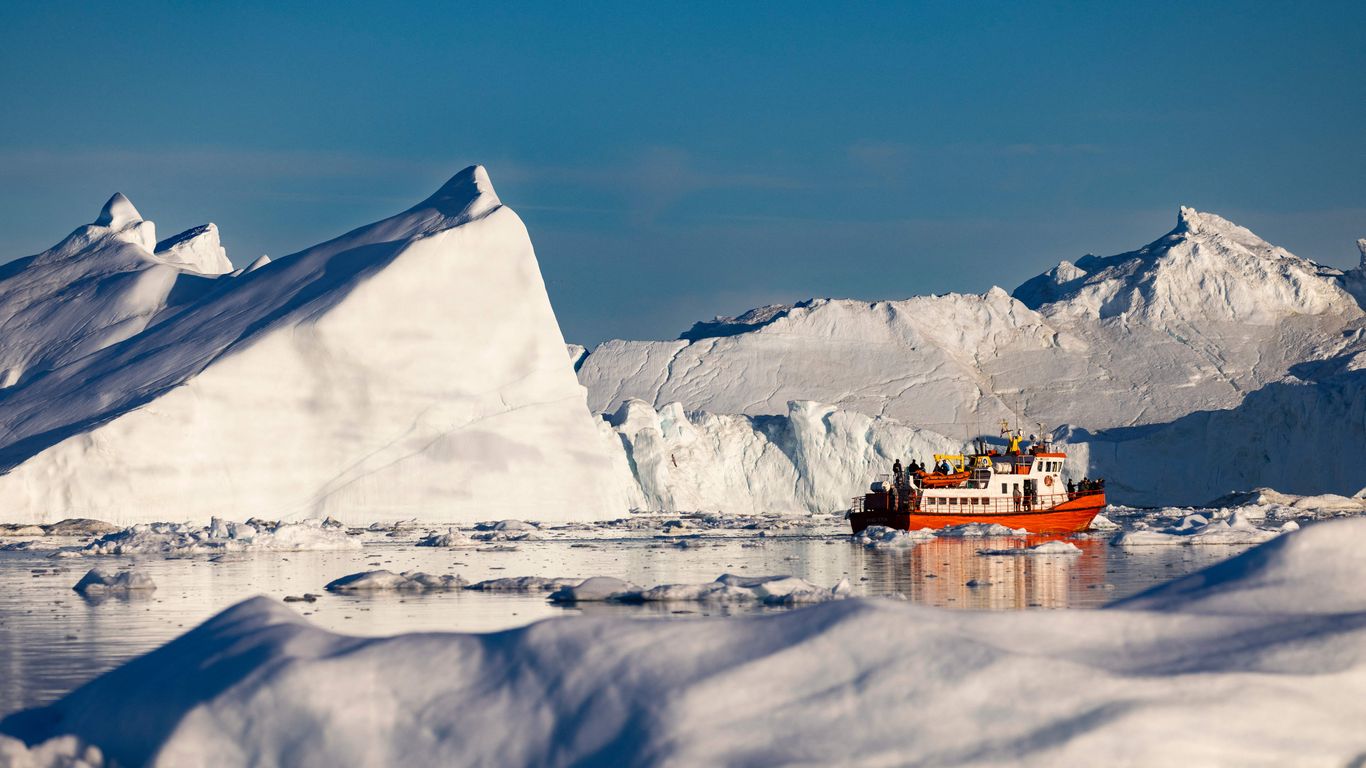
Axios: “The data indicates that the rate of ice retreat stayed steady until the 1990s, with a faster rate of loss since 2000.”
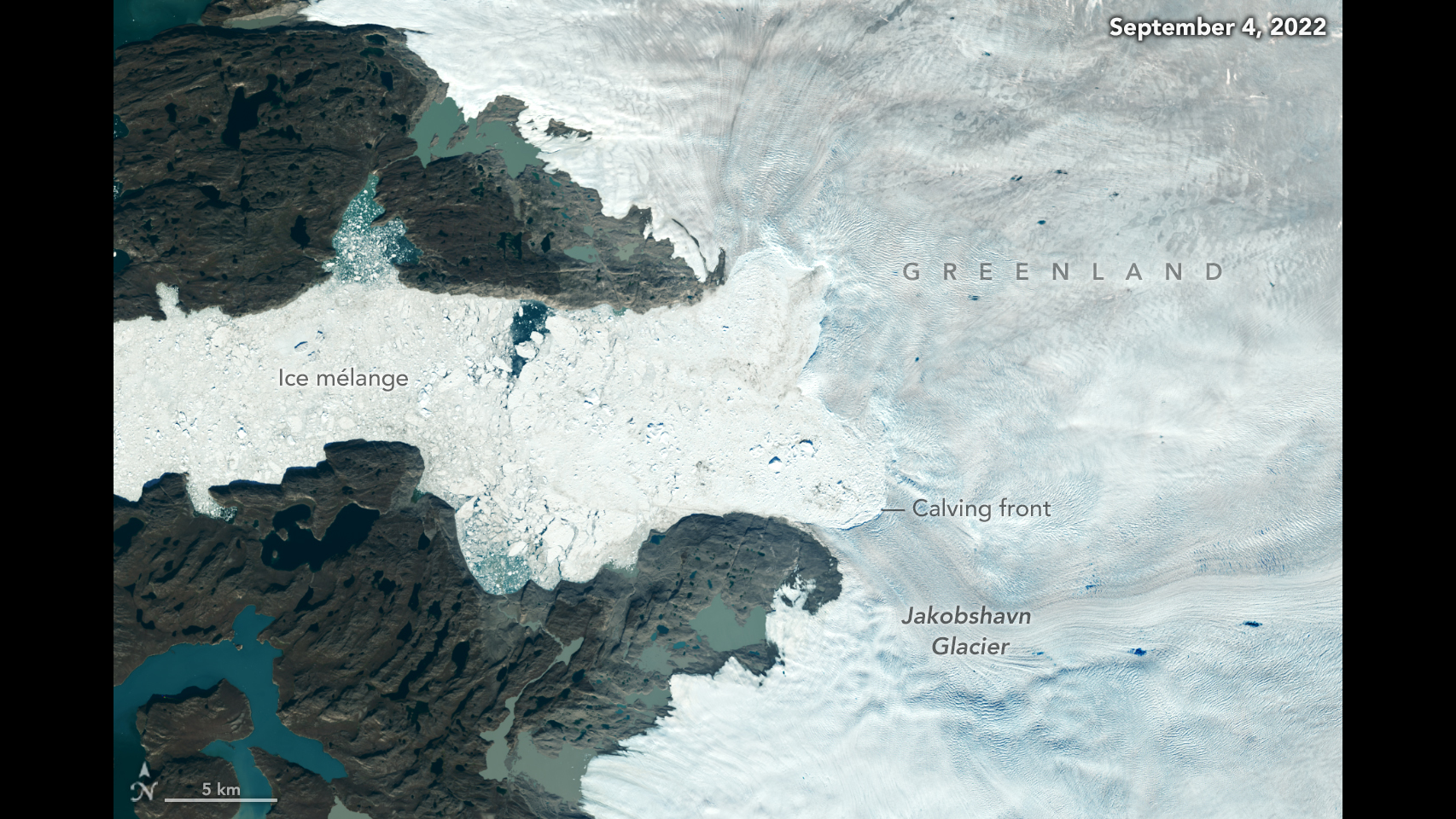
NASA: “The majority of glaciers on the landmass have retreated significantly, and icebergs are falling into the ocean at an accelerating rate. This additional ice loss has had only an indirect impact on sea levels, but could hold implications for ocean circulation in the future.”
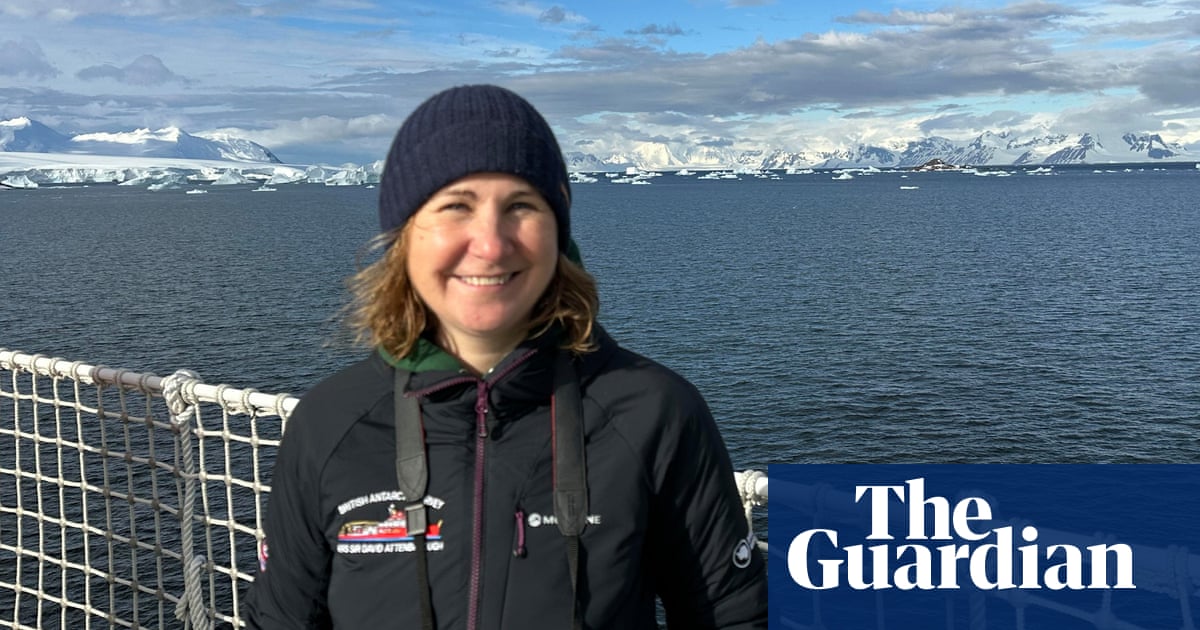
The Guardian: “It described the Larsen ice shelf, a beautiful stretch of thousands of miles of thick, white, crystalline snow – which has now almost completely melted away.
Her shock at witnessing the change first-hand has reinforced for her the urgency of slowing climate breakdown in Antarctica to prevent a dangerous tipping point that could disrupt ocean currents and weather systems, with catastrophic implications for humanity.”

New York Times: “Today, the Alps are warming about twice as fast as the global average, according to the Intergovernmental Panel on Climate Change. In the past two years alone, Swiss glaciers have lost 10 percent of their water volume — as much as melted in the three decades from 1960 to 1990.”
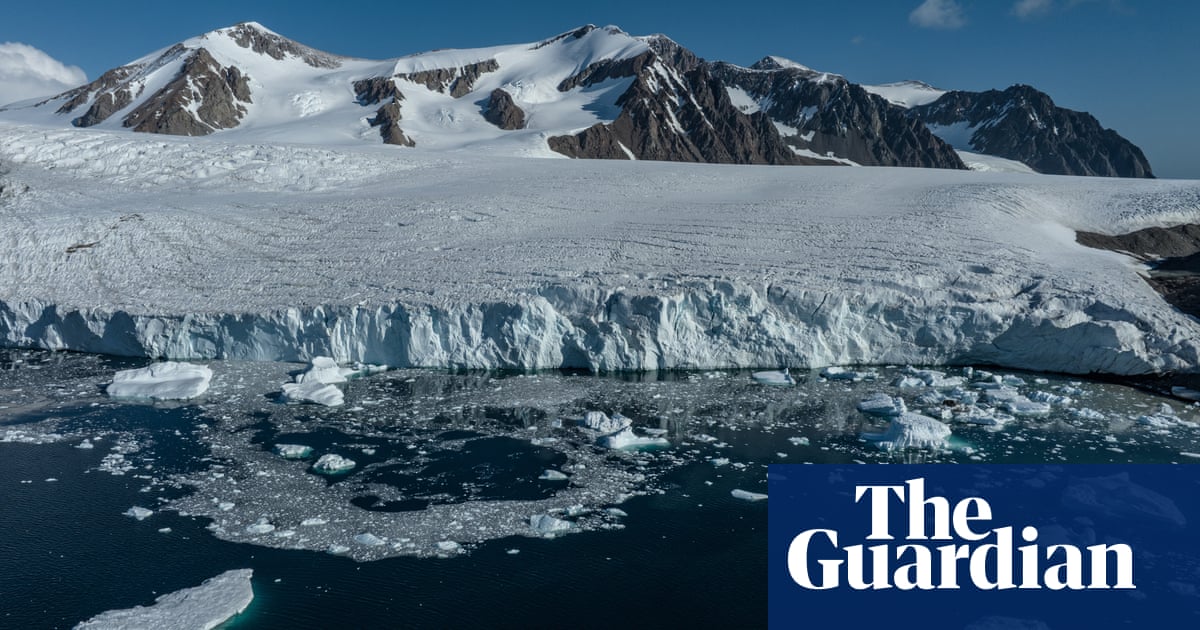
The Guardian: “The head of the Australian Centre for Excellence in Antarctic Science, Prof Matt King, said he found it embarrassing how little was known about the local and global ramifications of changes including a historic drop in floating sea ice cover, the accelerating melting of giant ice sheets and the slowing of a deep ocean current known as the Southern Ocean overturning circulation.”

Earth.com: “Climate change poses the biggest challenge, with predictions suggesting that many of the glaciers could disappear by the year 2050.”
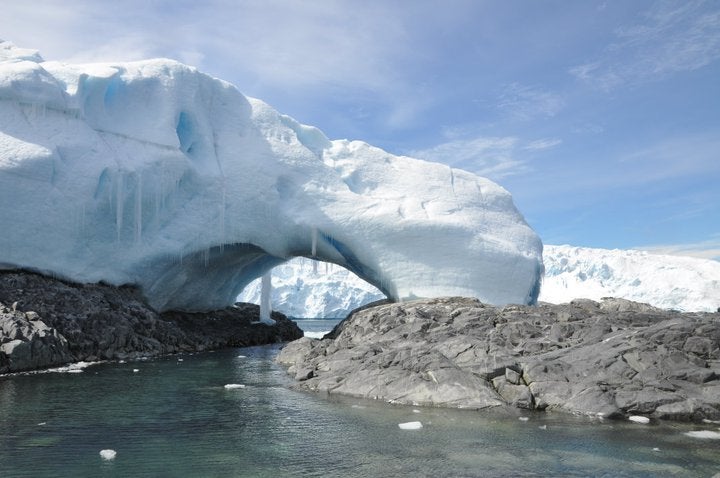
EDF: “To reduce our sea level rise debt, we need to stop emitting greenhouse gases and further increasing the temperature as soon as possible. That’s why it’s critical that we accelerate efforts to stabilize the climate and achieve a just transition.”

